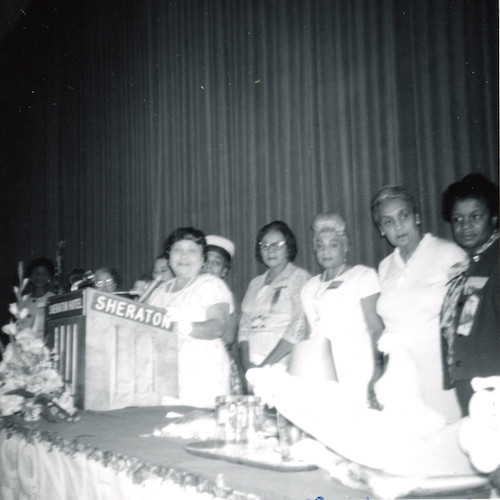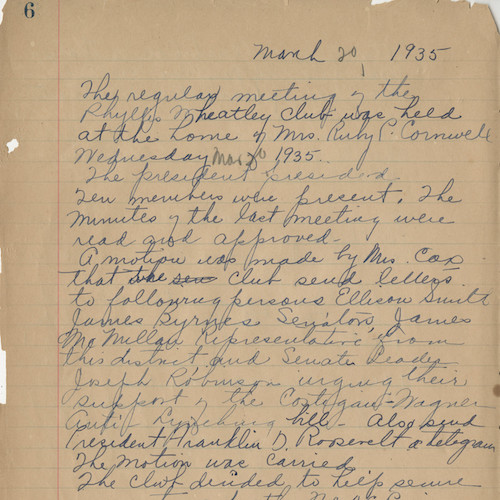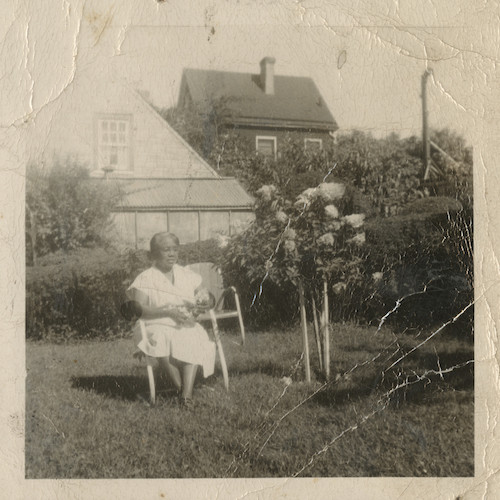About Avery Research Center for African American History and Culture
The Avery Research Center was established to collect, preserve, and make public the unique historical and cultural heritage of African Americans in Charleston and the South Carolina Lowcountry. Avery’s archival collections, museum exhibitions, and public programming reflect these diverse populations as well as the wider African Diaspora. The Avery Research Center is located at 125 Bull Street, Charleston, SC 29424 in the historic Harleston Village.
The Avery Research Center for African American History and Culture is located on the site of the former Avery Normal Institute. It was a hub for Charleston’s African-American community from 1865–1954 that trained its students for professional careers and leadership roles. In 1985, the alumni of the Avery Normal Institute, spearheaded by the Honorable Lucille Whipper, formed the Avery Institute of Afro-American History and Culture. It joined with the College of Charleston to establish the Avery Research Center to preserve the legacy of the Avery Normal Institute and educate the community on the history and culture of African Americans in Charleston, the South Carolina Lowcountry, and South Carolina at large. The Avery Research Center currently holds nearly 4000 primary- and secondary-source materials that document the history, traditions, legacies, and influence of African Americans and their place in the American narrative.
Nearly 3000 patrons visit the Avery Research Center annually, ranging from scholars and lecturers, to school groups and universities, to families and community members from all over the world. The Avery Research Center provides tours, hosts workshops, presents lectures, and spotlights local and national talents in various forms of creative expression. Additionally, partnerships with the Charleston Public Schools, Berkeley Public Schools, the City of Charleston Office of Cultural Affairs’ MOJA Arts Festival: A Celebration of African-American and Caribbean Arts, and other community groups extend the Avery Research Center’s reach into local communities.




